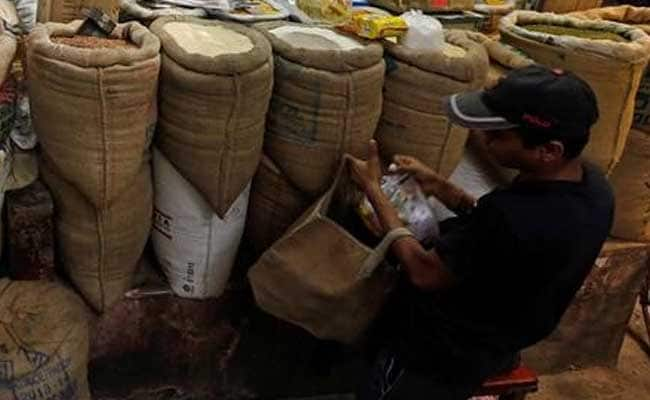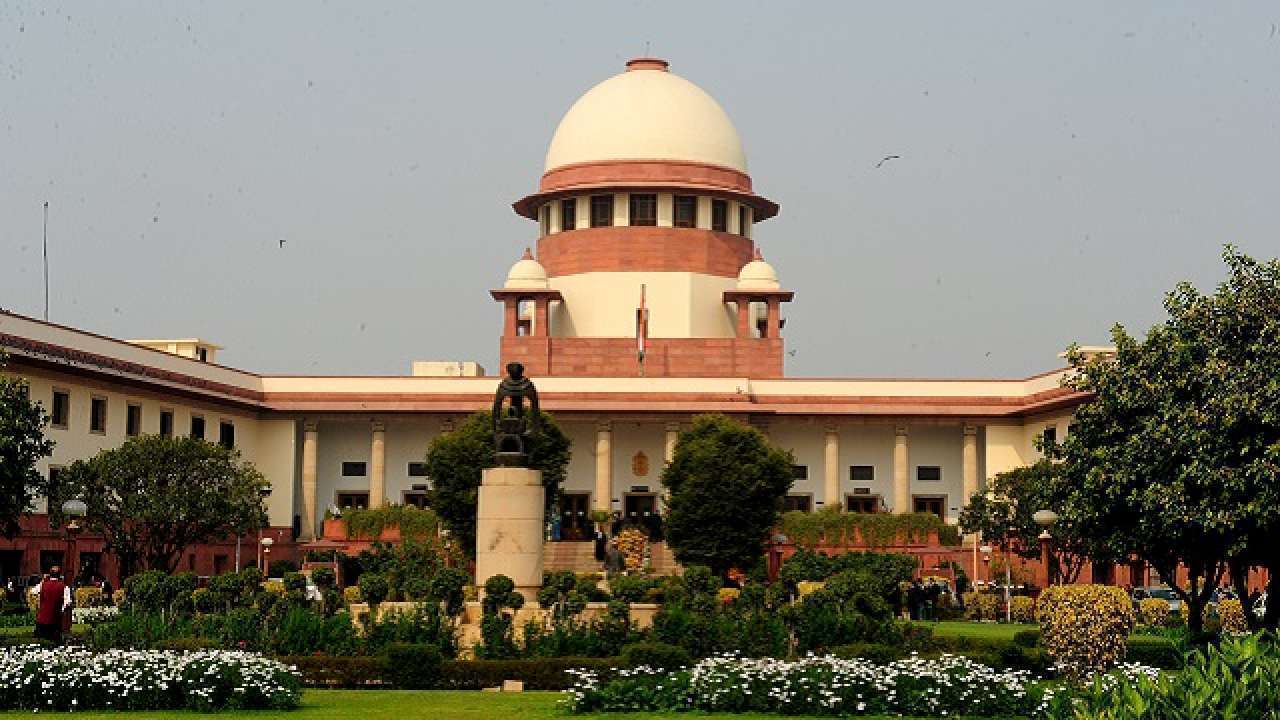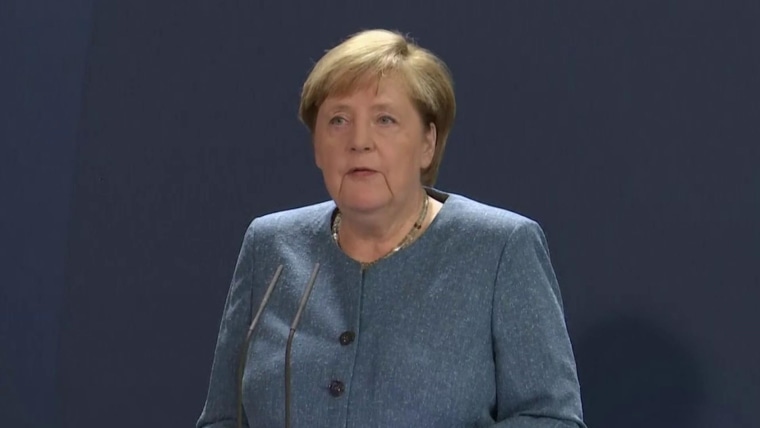
Madhya Pradesh is investigating a public distribution system scam (Representational)
The Madhya Pradesh government has launched a crackdown after the Prime Minister's Office sought a report on allegations that poor quality rice was sent to the state's tribal heartland via a compromised public distribution system amid the coronavirus lockdown.
NDTV had reported about poor quality rice being given to tribes in Balaghat and Mandla through the public distribution system or PDS.
The state government's action, however, was seen as "selective" as a syndicate comprising transporters, food grain traders and government employees in Mhow was busted, but another one in Anuppur was left unscathed.
Anuppur is the constituency of Food and Civil Supplies Minister Bishaulal Singh. This constituency is among 27 in the state where by-elections are due.
The Mhow racket diverted food grain and kerosene from targeted PDS into the open market, while in Anuppur, over 2,200 quintals of rice had disappeared from a warehouse rented by the by food and civil supplies corporation. No police complaint has been filed even a year after the incident came to light.
According to Indore district administration sources, following a complaint in Mhow sub-division, a warehouse named Harshit Traders, owned by Mohit Agrawal, was raided. Mohit Agrawal is the son of Mhow Congress unit executive president Mohanlal Agrawal, who is also a registered transporter of the state civil supplies corporation.
The raid found over 600 bags of rice meant for supply under the targeted PDS and the bills for those rice bags were found to be forged.
Investigators say the food grain meant for PDS were first sent to fair-price shops. Some of these shops then signed receipts acknowledging they have got the entire quantity of food grain. But 8 to 10 quintals would be taken out of the sealed bags and given to Mr Agrawal's men, who paid the fair-price shop owners, sources said. The fair-price shop owners would then distribute less food grain and kerosene to targeted PDS beneficiaries than what was actually allotted to them.
Initial findings suggest the "stolen" food grain and kerosene could be worth Rs 50 crore, Indore District Collector Manish Singh said.
But since Mohanlal Agrawal has been a registered transporter under targeted PDS for over 15 years, the actual volume of food grain diverted to the open market could be much higher, sources have said.
"A state civil supplies corporation employee and others involved in the scam have been charged," Mr Singh said.
In Anuppur, the constituency of the Food and Civil Supplies Minister, the managing director of the civil supplies corporation had written to the regional manager Ravi Singh instructing him to file a police complaint and recover the food grain. But a year has passed, and the First Information Report (FIR) has not been filed yet, sources said.
In July and August, the lab analysis of 32 samples of PDS rice collected from government depots and one fair-price shop in Balaghat and Mandla by teams of the Consumer Affairs Ministry had found that they were not fit for human consumption, but could be used as feed for livestock, cattle and poultry.
On September 3, after NDTV reported the lapses, Chief Minister Shivraj Singh Chouhan handed over the probe in the entire matter to the Economic Offences Wing.







